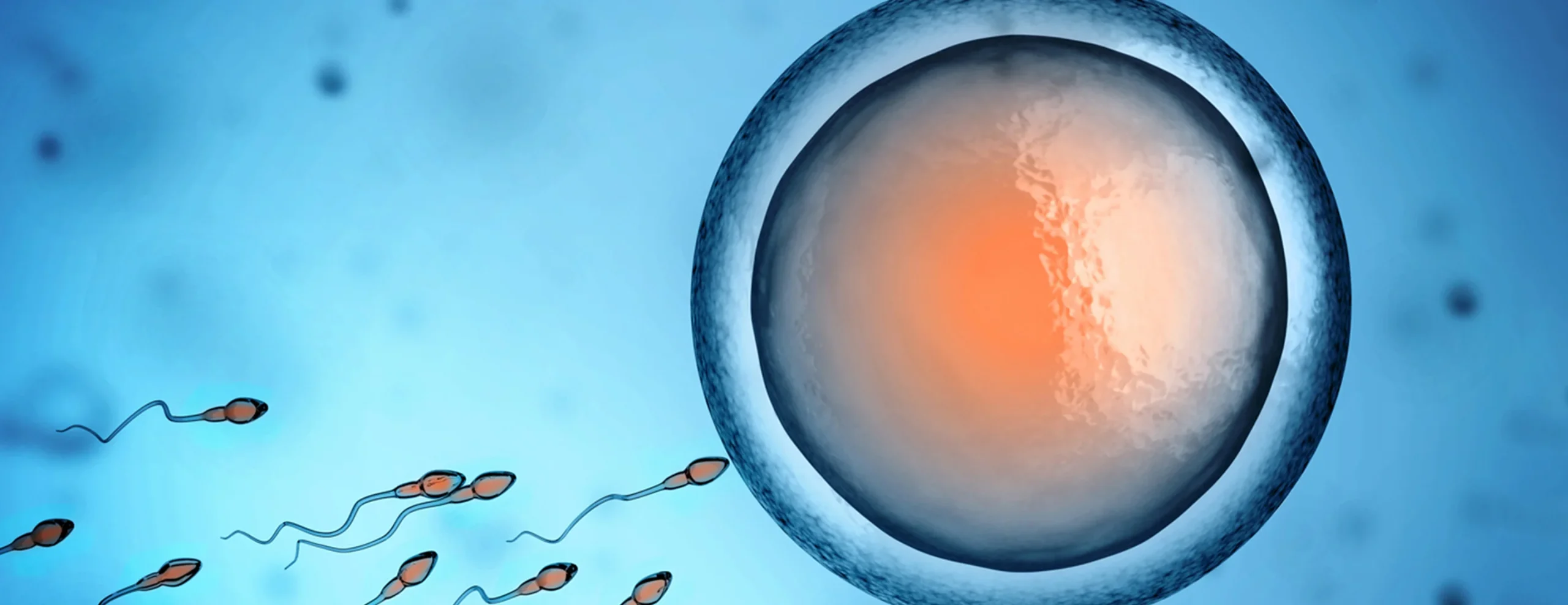The door swung open, and my daughter’s friend, Lily, burst into our home, her excitement palpable as she hurried to play with the new Barbie Dream House. The joy radiating from her was infectious, and it filled our living room with warmth.
After an hour of imaginative play, the girls returned to the kitchen for a snack. As is customary with visitors, I inquired about her favorite treats. While my daughter enthusiastically listed off an array of snacks, Lily remained quiet, her demeanor shifting from lively to subdued. She declined the offer of a cheese stick and a juice box, her gaze fixed on the granite countertop.
Concerned, I asked, “Are you feeling alright, or just not hungry?”
“I’m fine. I need to be careful with what I eat. I’ve gained weight,” she replied, her voice barely above a whisper.
My heart sank at her admission, but I maintained a neutral expression, suppressing my shock.
I assured Lily that we had healthy options available and asked what she would like. That’s when she revealed, “My aunt called me fat…but she apologized.”
Those words struck me like a siren echoing long after it had passed. I was left reeling, unable to fully process what she had just shared. An eight-year-old rationalizing the hurtful language of an adult—trying to make sense of the shame directed at her. The apology seemed to do little to erase the pain, and I felt a surge of anger at the injustice of her situation.
Lily’s discomfort around food was evident. Meanwhile, my daughter munched happily on cheddar duck crackers, blissfully unaware of the heavy atmosphere. I grappled with how to respond. Ultimately, I decided that silence wouldn’t suffice.
“Look at me. I’d like to say something,” I began, meeting her hazel eyes. “I don’t understand why anyone would use that word to describe you. It’s hurtful, particularly when said to someone as special as you. You should know that you are beautiful just the way you are. You are full of life, and I think you’re marvelous. While it’s great that you’re mindful of healthy eating, don’t let anyone’s words dictate how you see yourself. What your aunt said wasn’t kind, and even if she’s sorry, remember that you are fantastic.”
Though I hoped my words would provide comfort, they felt inadequate. Shortly after, Lily left for home, but her statement lingered in my mind: “She called me fat…but she apologized.”
As parents, we make many mistakes. We can be loud and imperfect, yet fat-shaming a child is one of the most egregious errors. I would rather my daughter learn a curse word in my presence than hear her refer to herself as “fat.”
Raising young girls today is challenging. They are incredibly perceptive, absorbing the negative messages our society sends. We must shield them from harmful comments as they develop their self-image.
I may not be the perfect mother, but I am committed to ensuring the last words my daughter hears from me will never pertain to her weight or appearance. When she asks, “How do I look, Mom?” my answer will always be: “You are perfect, inside and out.”
For more information on navigating parenting challenges, check out this article on home insemination, or visit Cryobaby’s resources for at-home insemination kits. Additionally, IVF Babble is an excellent resource for pregnancy and home insemination insights.
In summary, it is crucial to foster a positive body image in children, especially in a world rife with negative influences. As parents, we must be vigilant in our language and support, ensuring our children feel valued and loved for who they are.
